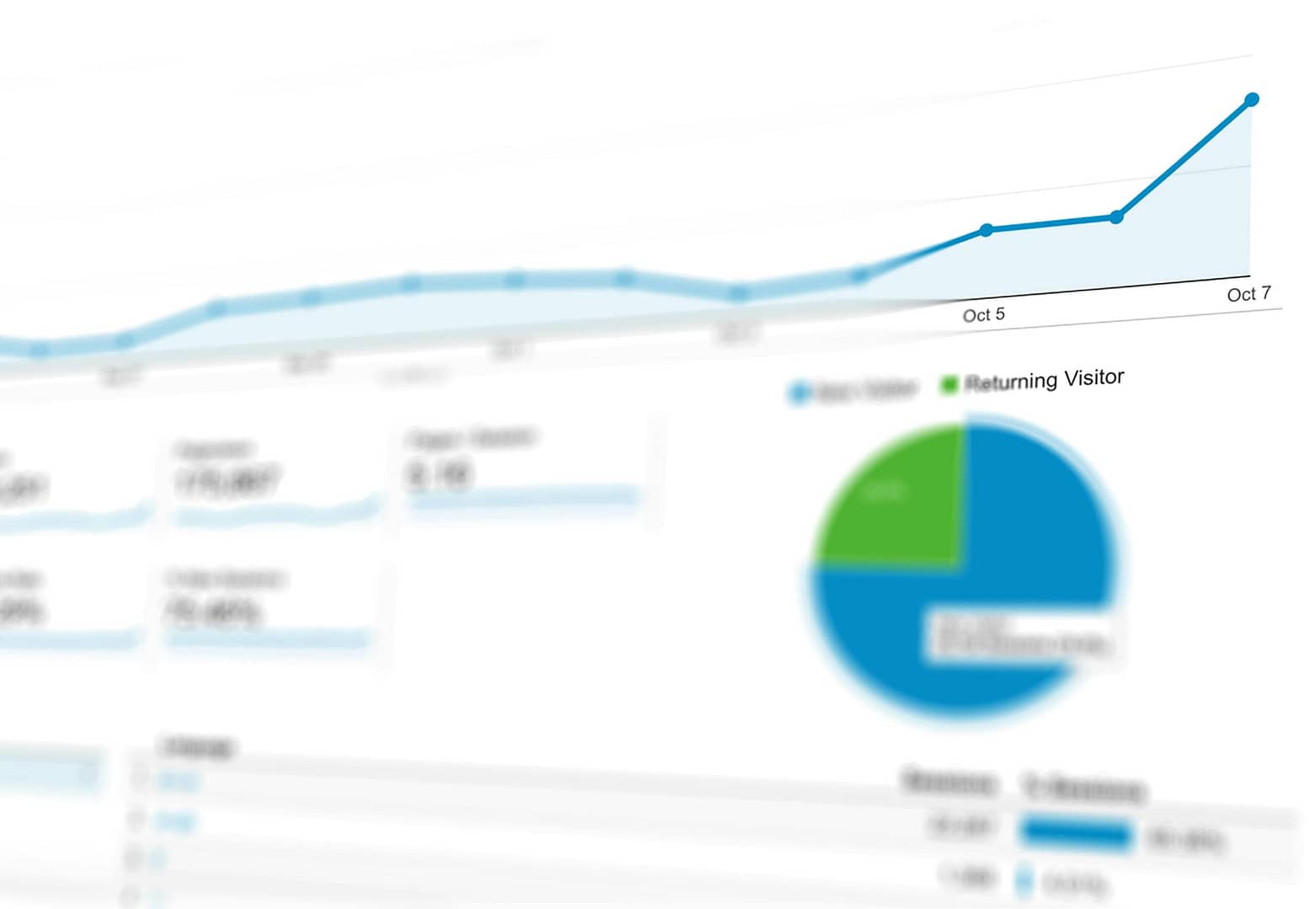The Role of POS Analytics in Business Growth
Analytics and Customer Behavior
Understanding your customers is key to staying ahead. This is where POS analytics truly shines. It provides information about your customers’ buying patterns and preferences, helping you understand what drives their purchasing decisions. For instance, you can identify which products are frequently bought together. Knowing this, you are enabled to create effective bundle offers or cross-selling strategies. You can also track the success of promotions and discounts in real time, allowing you to adjust your marketing strategies as needed. Furthermore, by analyzing purchase histories, you can personalize your communication with customers, offering them deals on the products they love and improving customer retention. In essence, POS analytics allows you to move from a one-size-fits-all approach to a more targeted and personalized strategy, enhancing customer satisfaction and ultimately driving business growth.
Leveraging POS Analytics for Inventory Management
Effective inventory management is crucial for any business, and this is another area where POS analytics can make a significant impact. By analyzing sales data, you can accurately forecast demand, ensuring you have the right amount of stock at the right time. This not only prevents stockouts and overstocks but also reduces storage costs and improves cash flow. For example, if point-of-sale analytics reveals that certain products sell more during specific seasons or events, you can plan your inventory accordingly to meet the increased demand. Similarly, by identifying slow-moving items, you can devise strategies to clear out excess stock, such as discounts or promotional offers. In essence, POS analytics provides you with the insights needed to optimize your inventory management, leading to cost savings and improved profitability. In the next section, we will discuss how to choose a POS system that best suits your business needs.
Choosing the Right POS System
Selecting a POS system that aligns with your business needs is crucial to fully leverage the power of POS analytics. When choosing a point-of-sale system, consider its analytics capabilities. Does it provide real-time data? Can it track sales, inventory, and customer behavior effectively? Additionally, consider its scalability. As your business grows, your POS system should be able to grow with it, handling increased data without compromising performance. Integration with other business systems is another important factor. A POS system that can seamlessly integrate with your CRM, accounting, and inventory management systems. This will provide a more holistic view of your business operations. Lastly, consider the support and training provided by the POS vendor. A system with robust analytics capabilities is only as good as your ability to use it effectively. In the final section, we will recap the key points discussed in this blog post and emphasize the potential of POS analytics in driving business growth.









